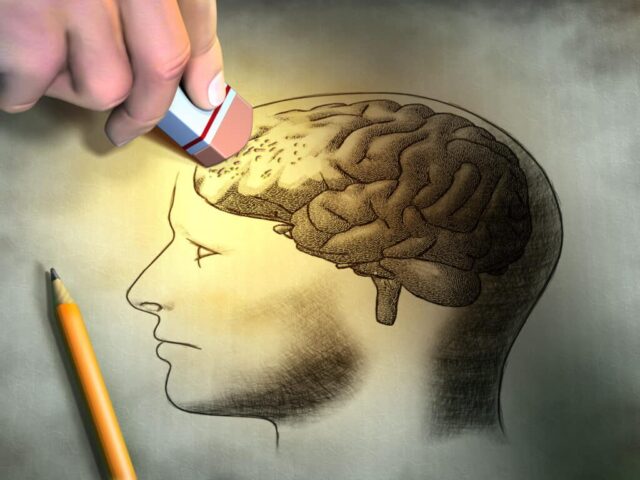
Different things can cause memory loss, the age would be the key reason for this. The normal aging process can cause a decline like this in brain function.
However many types of research show that there are ways to lower the risk of memory loss.
What triggers memory loss?

Many severe diseases like Alzheimer’s and any other types of dementia can cause memory loss over time.
Factors that cause any kind of dementia include age, genetics, obesity, blood pressure, chronic diseases, diabetes, etc. Another reason could be the reaction to some medication, lack of vitamins, serious emotional stress and depression.
Don’t forget, that if you forget little things from time to time, it is completely normal and is a part of normal aging. If you forgot what day it is, or you forgot to call back your cousin or children, that’s okay.
But if memory loss affects your everyday activity and ability to live your normal life, that can be a sign of a serious problem.
How to boost your brain and your memory?
Specialists at MyLife Choice offer you a list of tips on how to boost your brain and by doing so improve your memory and lower the risk of dementia.
Although there are no guarantees when it comes to preventing memory loss or dementia, some activities might help.
Maintain active lifestyle

The Department of Health and Human Services recommends at least 150 minutes a week of moderate aerobic activity, such as brisk walking, or 75 minutes a week of vigorous aerobic activity, such as jogging.
It’s best if this activity is spread throughout the week. If there is no possibility for this try at least 10 minutes a day, you can do yoga or simply walk around the block.
Exercise will help to lower the risk of heart disease, and stroke and keep your blood pressure at a sufficient level.
Keep up with a healthy diet
Eat a lot of fruits and vegetables, and pay extra attention to whole grains and lean proteins, it will support your heart and your brain.
Avoid drinking a lot of alcohol. Too much of it can cause confusion and speed up the process of memory loss. Argye Hillis, MD, professor of neurology at Johns Hopkins Medicine advises keeping one eating style, like the Mediterranean.
It is full of vegetables, and fish, rather than meat and olive oil.
Get enough sleep

Not getting enough sleep has been linked to memory loss. So has restless sleep and sleep that gets disturbed often. Make getting enough healthy sleep a priority. Sleep will help your brain rest and restore, as well as consolidate your memories.
Stay mentally active
Choose different activities that engage your mind. And those activities might help prevent some memory loss.
Do crossword puzzles. Play games. Learn to play a musical instrument. Try a new hobby. Specialists recommend reading novels.
It will make your brain work harder since you have to keep in your mind what the characters did in Chapter 3 to understand everything by the end of the book.
Spend time with people

Be socially active, do volunteer work, or try to spend more quality time with your friends and loves ones. It will contribute to your mental health and avoid unnecessary stress.
Do regular check-ups
Consult your health provider regularly in order to prevent the progression of any medical conditions, such as high blood pressure, diabetes, depression, hearing loss and obesity.
The better you take care of yourself, the better your memory is likely to be. Regularly review the medicines you take with your health care provider since some medicines can affect memory.








